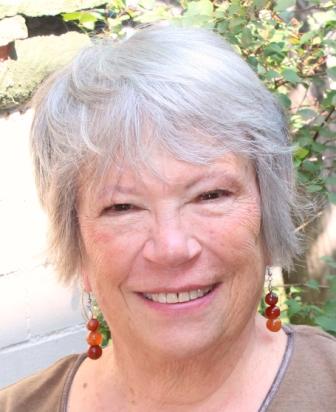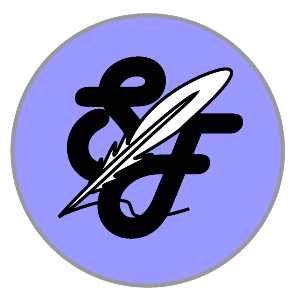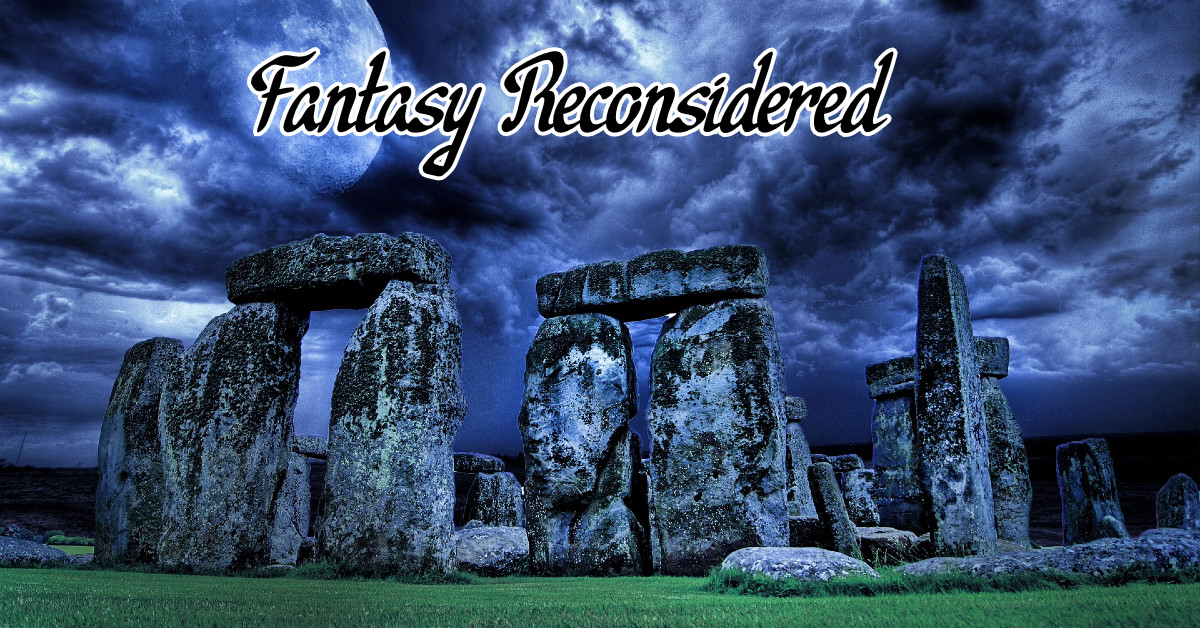I used to believe I didn’t like fantasy fiction. I’d mentally scoff at the concept, believing it was comprised of writing based on fairy tales, or concepts so unrelated to real life no rational adult or serious writer could possibly want to indulge in it.
As has so often occurred in my existence, I recently discovered I based this assumption on snap judgment. Like my beliefs that tall people lack empathy (I’m under five feet) or athletes tend to struggle with higher reasoning (I can’t for the life of me hit any kind of ball), I now am faced with the need to eat crow. . . i.e. eat my words.
The change occurred when I decided I wanted to write a story about druids. I was reading a book about Stonehenge and the creatures figured large in the topic. Druids were real, right? Everyone’s heard of them. But as I researched more, I found investigating druids was like trying to clutch a cloud.
Magic seems to be part of the druid belief system, but every resource I consulted does a rapid two-step when attempting to delineate exactly what comprises that magic. It appears there are few, if any, magic wands. As for spells, is a prayer, in fact, a spell? Perhaps the appeal of fantasies is that the writer or reader can’t pin down cold and hard facts.
Here’s one definition of fantasy: Fantasy fiction is a genre of writing in which the plot could not happen in real life (as we know it, at least). Often, the plot involves magic or witchcraft and takes place on another planet or in another—undiscovered—dimension of this world.
And another: While science fiction draws on and extrapolates from what we know about reality and science, fantasy invents what does not (and likely could not) exist in our reality toolbox.
But in the end, what do we really know? After all, Jules Verne’s books had submarines and voyages to the moon, unbelievable during his day, commonplace in ours. Like so many things in life—love, friendships, belief systems—we have to define, or ignore, writing genres as best we can for themselves.
An article about “best fantasy books” drew me to the subject. Just for kicks, I decided to review the content. I found, to my surprise, many books I’d enjoyed but never considered “fantasy,” to be included. The first four—The Arabian Nights, Le Morte d’Arthur, Alice’s Adventures in Wonderland, and Through the Looking-Glass have been around for eons. So, just like many things in life, I realized I’d have to evaluate “fantasy” books one by one, each on its own merits.
Good thing that was my decision, for I’m pursuing my idea about a fantasy based on druids in today’s world. Like ALL fiction, the plot is based on a series of “what-ifs.” What if druids existed today? What if a druid female became close friends with a human woman? What if a druid looked and acted no different from us?
In the article about “Best Fantasy Books,” the author asks, “Is it comforting to see how many of the stories on this list wrestle with the need to reform institutions and change the leadership of society?”
Yes. Because again, like all fiction, fantasy tells stories. Stories introduce us to interesting characters who face many of the same dilemmas we do. In short, fantasy IS magic because we can visit imaginary people, places, and issues who often, in some mysterious process, become more real than reality.
(See another blog on fantasy: “Writing and Critiquing Fantasy” by RC Beckett)

Tenacity is responsible for the successes in my life. Since fifth grade, I’ve been determined to be a writer, when I submitted a poem to the Saturday Evening Post (it was immediately rejected). Thousands of rejections along with some acceptances taught me the craft, and after decades, I decided to follow my passion, fiction writing. My recent novels are proof of my persistence.
My interest in writing led to my career in nonprofits focusing on public and community relations and marketing. I’ve worked for libraries, directed a small arts organization, and managed Denver’s beautification program. My civic involvement includes grass-roots organizations, political campaigns, writers’ and arts’ groups, and children’s literacy.
Simultaneously, I’ve been a free lance writer with publications in local, regional, and specialty publications for news and features. A secret love—live theater, and had I been seven inches taller and 30 pounds lighter, I might have been an actress. For years, I entered recipe contests and was once a finalist in the Pillsbury Cook Off.

